Feeling overwhelmed by anxiety? Magnesium might just be the key to finding some relief. This essential mineral plays a crucial role in regulating neurotransmitters and maintaining a healthy nervous system, which can help alleviate anxiety symptoms.
By supporting relaxation and stabilising mood, magnesium can be a powerful ally in managing anxiety and promoting overall well-being. In this article, we explore magnesium's calming benefits and discover how this mineral can help you regain your sense of balance and peace. If you are experiencing all the symptoms of stress and increased cortisol, this is the right place to visit!
The Importance of Magnesium in the Body
Magnesium is an essential mineral that plays a crucial role in our bodies. It's involved in hundreds of biochemical reactions, contributing to the proper functioning of muscles and nerves, regulating blood pressure, and supporting the immune system. Despite its importance, many people don't get enough magnesium in their diets, leading to a deficiency that can have serious health implications.
The role of magnesium in the body is multifaceted. It's not just about physical health; it also significantly impacts mental health. Research suggests that magnesium deficiency can induce anxiety and dysregulation of the HPA axis, a central stress response system. This is because magnesium plays a key role in regulating neurotransmitters, which send messages throughout the brain and body.
Magnesium's role in neurological health is so profound that it's often called 'the original chill pill'. It's believed to affect a part of the brain called the hypothalamus, which helps regulate the pituitary and adrenal glands. These glands are responsible for your stress response, highlighting magnesium's importance in maintaining mental health.
How Magnesium Helps Combat Anxiety
The scientific community is interested in the relationship between magnesium and anxiety. Research has shown that magnesium plays a crucial role in regulating neurotransmitters responsible for sending messages throughout the brain and body. This is how magnesium contributes to neurological health and potentially helps to reduce anxiety.
A 2017 review that examined 18 different studies found that magnesium did indeed reduce anxiety. These studies looked at various forms of anxiety, including mild anxiety, premenstrual syndrome anxiety, postpartum anxiety, and generalised anxiety. However, it's important to note that these studies were based on self-reports, making the results subjective.
Magnesium is believed to affect a part of the brain called the hypothalamus, which helps regulate the pituitary and adrenal glands. These glands are responsible for your stress response. Therefore, if you have an anxiety disorder, you might want to consider using magnesium to help reduce your symptoms.
Another study in 2012 found that magnesium may help with brain functions that reduce stress and anxiety. It is believed to affect a part of the brain called the hypothalamus, which helps regulate the pituitary and adrenal glands. These glands are responsible for your stress response.
If you're struggling with an anxiety disorder, you might want to consider using magnesium to help reduce your symptoms. However, it's important to remember that supplements like magnesium aren't a suitable replacement for professional medical care. Always consult with a healthcare professional before starting any new supplement regimen.
How to Determine if You're Getting Enough Magnesium
Determining if you're getting enough magnesium can be tricky. The NHS suggests adults' Recommended Daily Allowance (RDA) is between 270 and 300 mg. However, this can vary depending on age, gender, and even pregnancy, as it can affect how your body absorbs certain vitamins and minerals.
If you're using magnesium for anxiety relief, it's crucial to ensure you're not falling into a state of magnesium deficiency. Deficiency symptoms can include nausea, vomiting, lethargy, and muscle weakness. In severe cases, it can even lead to cardiac arrest or low blood pressure.
When it comes to supplements, it's important to remember that not all forms of magnesium are absorbed by the body equally. Magnesium citrate, magnesium lactate, magnesium oxide, and magnesium l-threonate are all forms of magnesium that are commonly used in supplements.
Choosing the Right Magnesium Supplement for Anxiety
Choosing the right magnesium supplement for anxiety can be a daunting task, given the variety of options available. However, understanding the different types of magnesium can help you make an informed decision.
Magnesium supplements come in various forms, each with unique properties and benefits. For instance, magnesium citrate is easily absorbed by the body and is often used to treat constipation. On the other hand, magnesium lactate is commonly used as a food additive and has been used in several studies on magnesium and anxiety.
Magnesium oxide is another popular choice, commonly used to treat migraines and constipation. It's worth noting that most relevant studies on magnesium and anxiety use magnesium lactate or magnesium oxide. However, more research is needed to determine which type of magnesium is best for anxiety.
Another form of magnesium, magnesium l-threonate, is believed to have superior absorption properties and is thought to better penetrate the blood-brain barrier. This could potentially make it more effective for addressing neurological conditions like anxiety.
Before you decide to take magnesium or any other dietary supplement, it's crucial to consult a healthcare practitioner. They can guide you on the correct dose and help you understand potential side effects.
Other Supplements to Take with Magnesium for Anxiety
Pairing magnesium with other supplements can enhance its effectiveness in managing anxiety and promoting overall well-being. Here are a few supplements that work synergistically with magnesium:
- L-Theanine: Known for its calming properties, L-Theanine helps reduce stress and improve focus. Combined with magnesium, it can amplify relaxation and support a balanced mood.
- Ashwagandha: This adaptogenic herb is renowned for its ability to help the body adapt to stress and reduce anxiety. When paired with magnesium, it can offer a comprehensive approach to managing stress and promoting mental clarity.
- Vitamin B Complex: B vitamins, particularly B6 and B12, play a role in supporting brain health and mood regulation. Together with magnesium, they can enhance cognitive function and stabilise emotional well-being.
- Omega-3 Fatty Acids: Found in fish oil, omega-3s are known for their anti-inflammatory and mood-stabilising effects. When combined with magnesium, they can contribute to a more balanced mood and improved overall mental health.
- Valerian Root: Often used for its calming effects and support for sleep, valerian root can work well with magnesium to promote relaxation and reduce anxiety symptoms.
Combining these supplements with magnesium can provide a holistic approach to managing anxiety, supporting relaxation, and enhancing overall mental health. Always consult with a healthcare provider before starting any new supplement regimen.
Potential Side Effects of Magnesium Supplementation
If you suspect a magnesium overdose, it's crucial to seek immediate medical attention. It's always safer to consult a healthcare professional before starting any new supplement regimen.
There may be side effects with magnesium, although these are typically mild:
- Magnesium Citrate: This form is easily absorbed by the body and is often used to treat constipation. However, it can cause stomach discomfort and diarrhoea in some people.
- Magnesium Lactate: Commonly used as a food additive, it may cause digestive issues if taken in high doses.
- Magnesium Oxide: Used for migraines and constipation, it can lead to stomach cramps and diarrhoea.
- Magnesium L-Threonate: This form is known for its cognitive benefits, but lthreonate side effects can include drowsiness and headaches.
While magnesium for anxiety can be beneficial, it's crucial to use magnesium supplements responsibly to avoid any adverse effects.









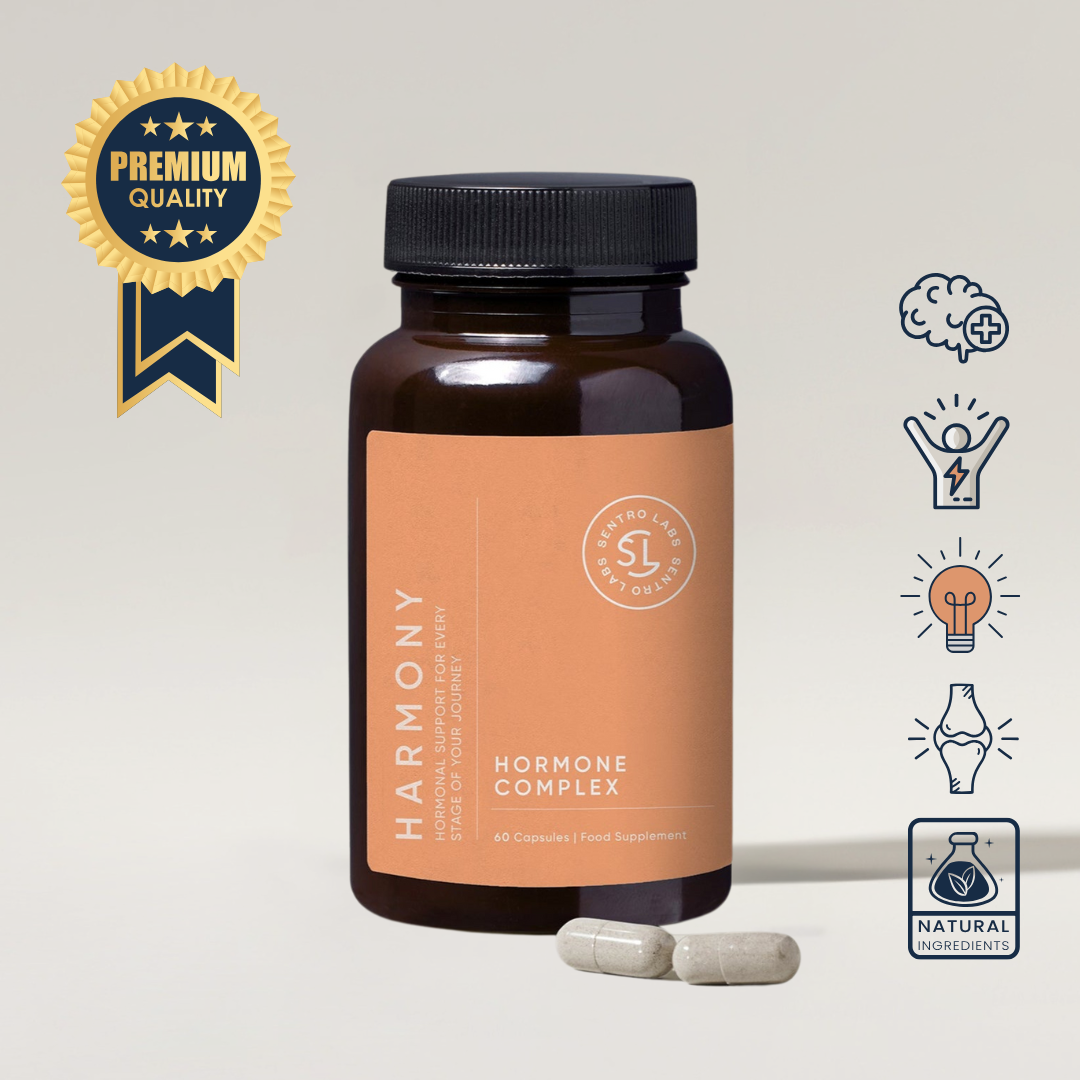


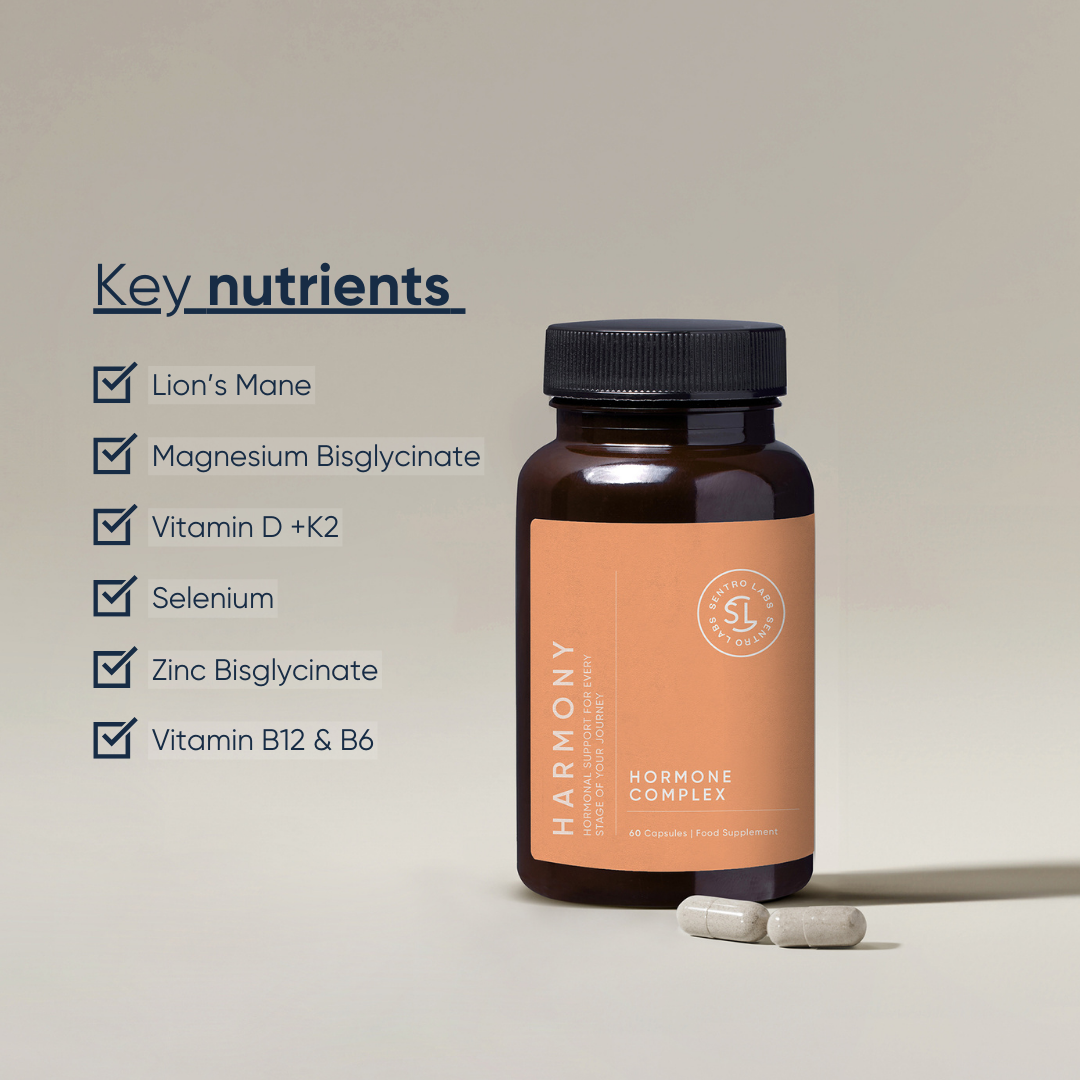

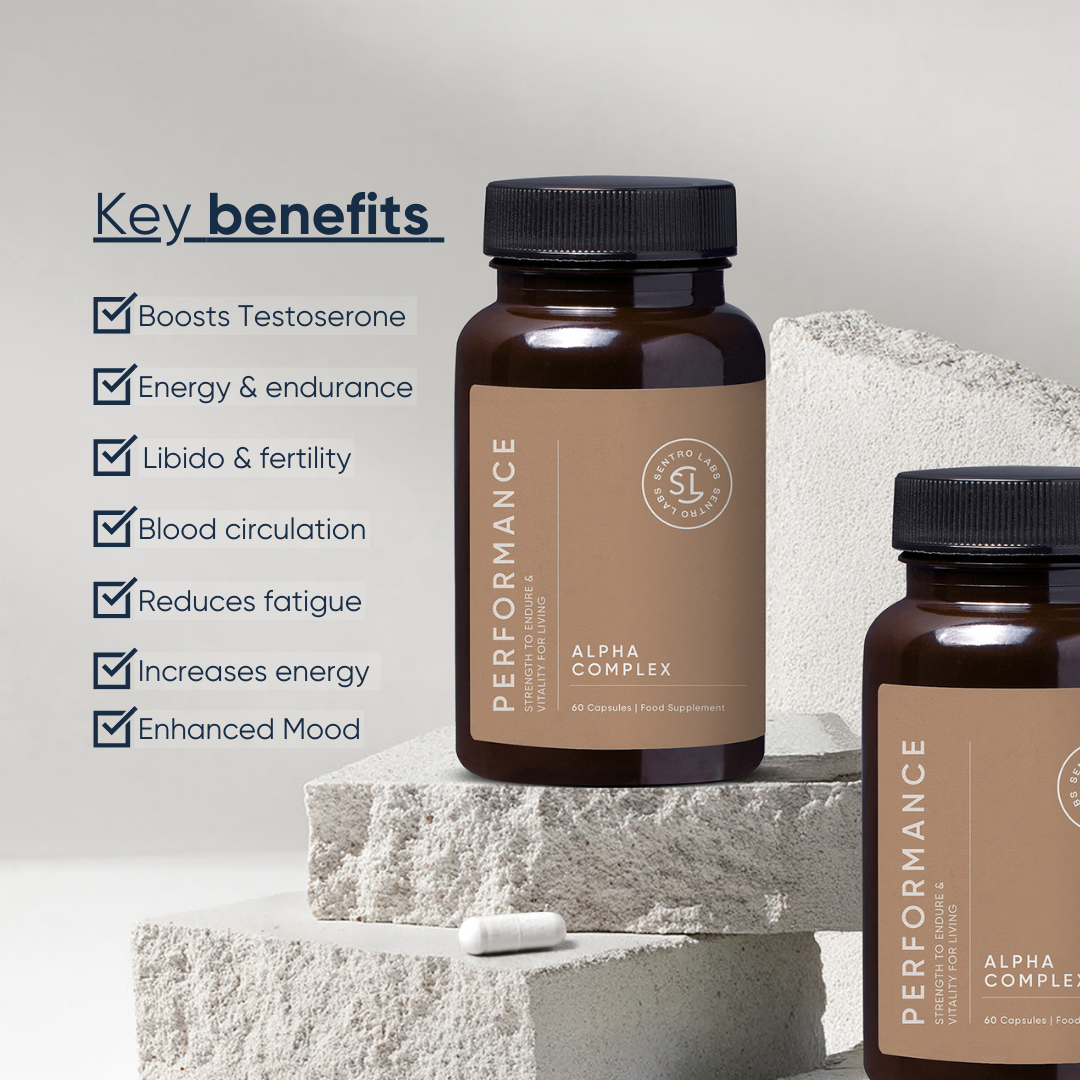
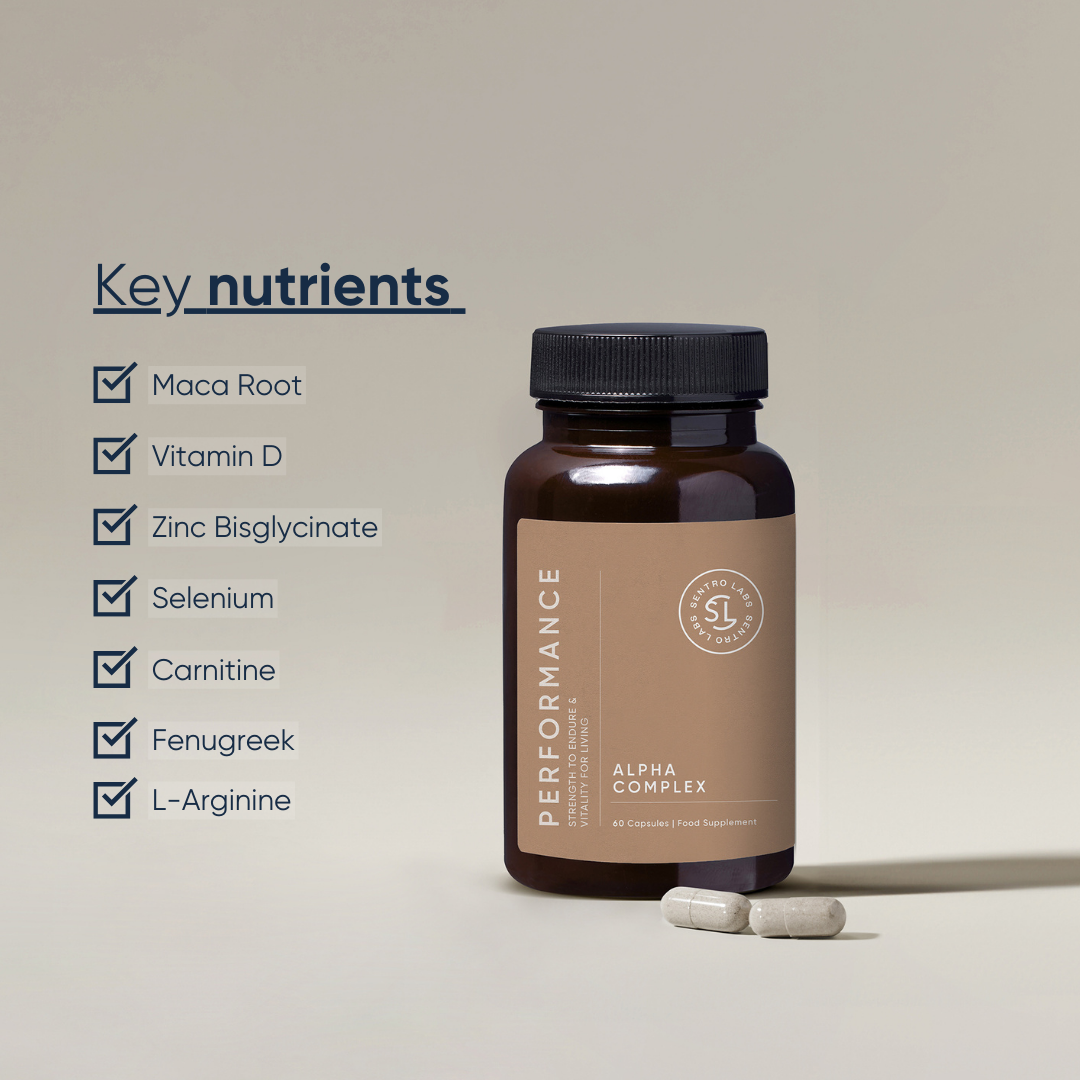
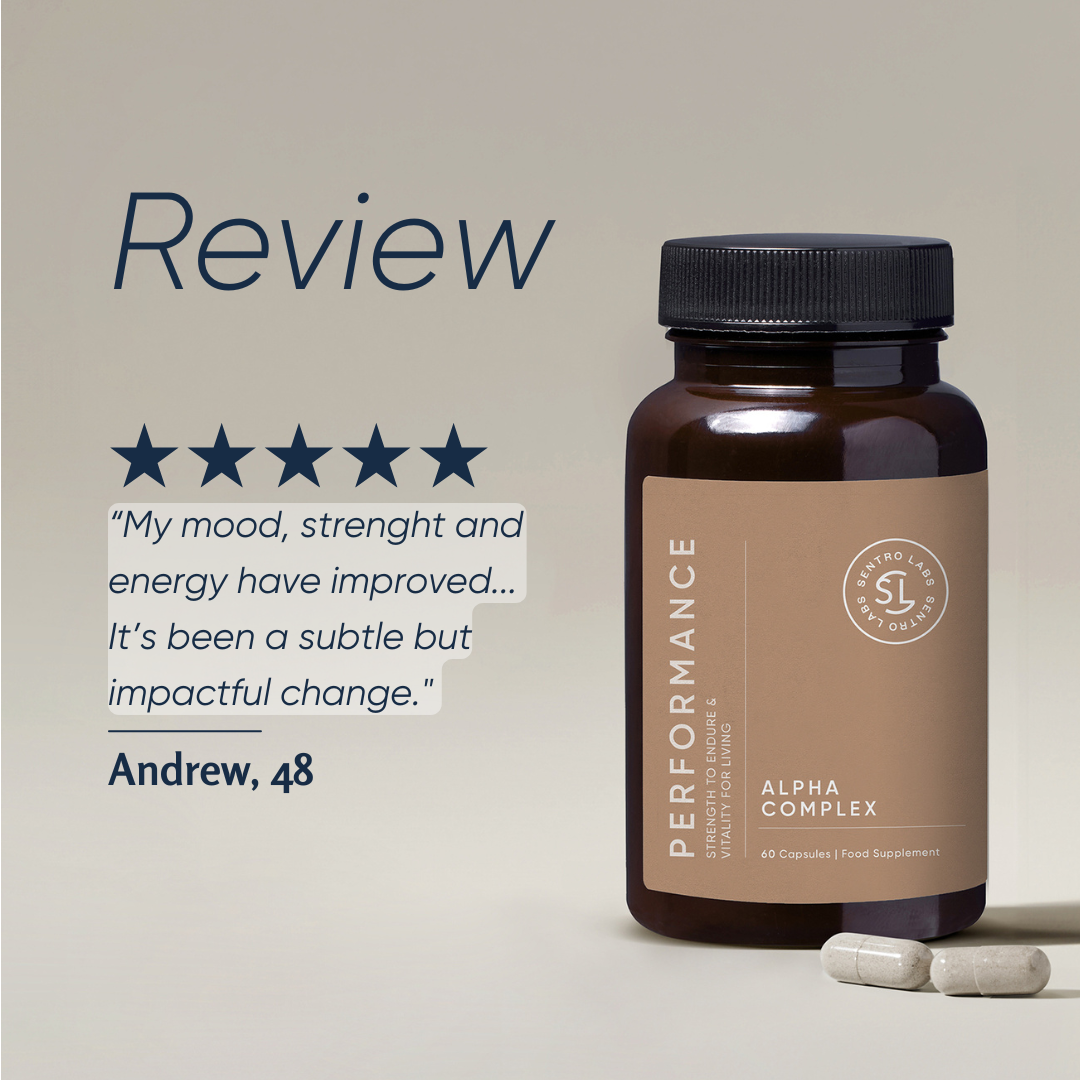


Share:
The Benefits of L-theanine
The Best Supplements to Lower Cortisol